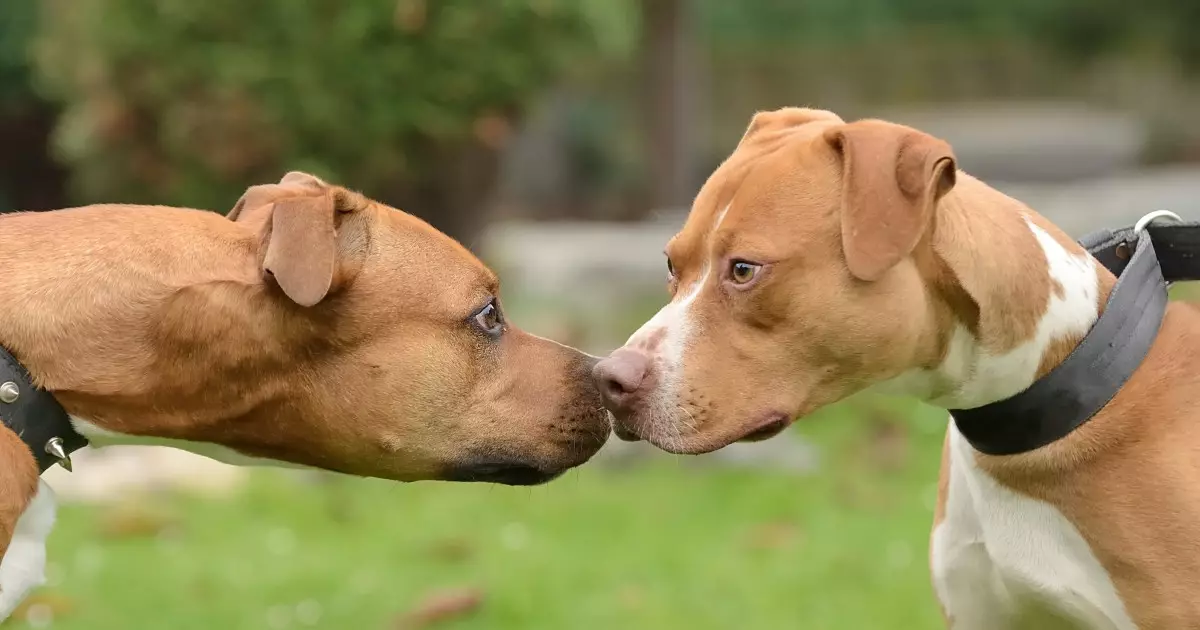Pit Bulls are often painted with a broad brush, characterized as aggressive and dangerous without considering the nuances of their behavior. It is essential to challenge this stereotype by understanding the real factors behind aggression in dogs, particularly Pit Bulls, who have been unjustly maligned due to their history and selective breeding. This article delves into the myths surrounding Pit Bulls, the factors influencing their behavior, and how responsible ownership can lead to well-adjusted pets.
The term “Pit Bull” encompasses several breeds, including the American Pit Bull Terrier, and these dogs were historically bred for specific tasks such as bull-baiting and later, as companions for farmers. While these roles might lead one to conclude a predisposition toward aggression, the reality is considerably more complex. These dogs do not possess an inherent tendency towards hostility; rather, their behavior is largely shaped by their upbringing, environment, and experiences. Like any breed, individual personalities vary widely, with many Pit Bulls showing exceptional loyalty, love, and gentleness.
Misunderstanding breeds further misunderstanding, as many people misunderstand the breed’s physical strength as a precursor to aggression. This misperception can escalate into fear, leading to discriminatory laws and further stigmatization. The danger lies in the tendency to attribute bad behavior to an entire breed rather than recognizing the influence of individual upbringing and treatment.
Numerous elements contribute to aggression in Pit Bulls, and these factors are not confined to genetics alone. While there may be predispositions based on inherited traits, early environmental influences play a crucial role. Variables such as socialization, training, and treatment during their formative years shape a dog’s temperament significantly.
Genetics and Socialization: Certain bloodlines may exhibit more challenging behaviors, yet it’s crucial to acknowledge that even those lines can produce loving companions if raised in conducive environments. The lack of socialization is one of the most critical aspects. Dogs that are not exposed to various stimuli during their critical growing phase may develop fear-based reactions and aggression toward unknown dogs and humans. Ensuring positive experiences with diverse people, other pets, and environments can create a well-adjusted Pit Bull.
Current Living Conditions: The quality of the environment in which a Pit Bull lives can significantly affect its behavior. High-stress situations, chaotic living conditions, or abusive backgrounds may induce protective or aggressive tendencies. A stable and nurturing home reduces anxiety and makes a dog less likely to react aggressively out of fear or stress.
Being a responsible Pit Bull owner involves taking proactive measures to foster a positive disposition. Here are several strategies that can help ensure your Pit Bull grows into a well-adjusted and loving family member:
1. Select a Responsible Breeder: When considering a new puppy, look for a breeder who prioritizes temperament and socialization. Responsible breeders should conduct health and behavior screenings and should be open about the dog’s lineage.
2. Early and Continuous Socialization: Introduce your puppy to varied environments, people, and experiences. Regular outings to dog parks or participation in puppy classes can enhance their confidence and reduce the risk of aggressive responses.
3. Positive Reinforcement Training: Utilize reward-based training methods to reinforce good behavior. Consistent training not only provides mental stimulation but also strengthens the bond between owner and dog.
4. Safe Living Environment: Create a secure and comforting space for your Pit Bull. This includes providing adequate food, regular exercise, and a quiet area for rest. Such an environment fosters security, which is essential for good behavioral outcomes.
5. Education on Canine Body Language: Understanding a Pit Bull’s body language is vital. Recognizing signs of stress or discomfort can help owners to intervene before a situation escalates.
It is imperative to see past the surface-level assumptions associated with Pit Bulls and focus on the individual animal. With the right upbringing, socialization, and owner involvement, these dogs can thrive as affectionate and enduring companions. As responsible pet owners, it is our duty to ensure that our pets are given every opportunity to flourish and live peacefully within society. Education, patience, and understanding can defuse misconceptions and reveal the true nature of this often-misunderstood breed.

